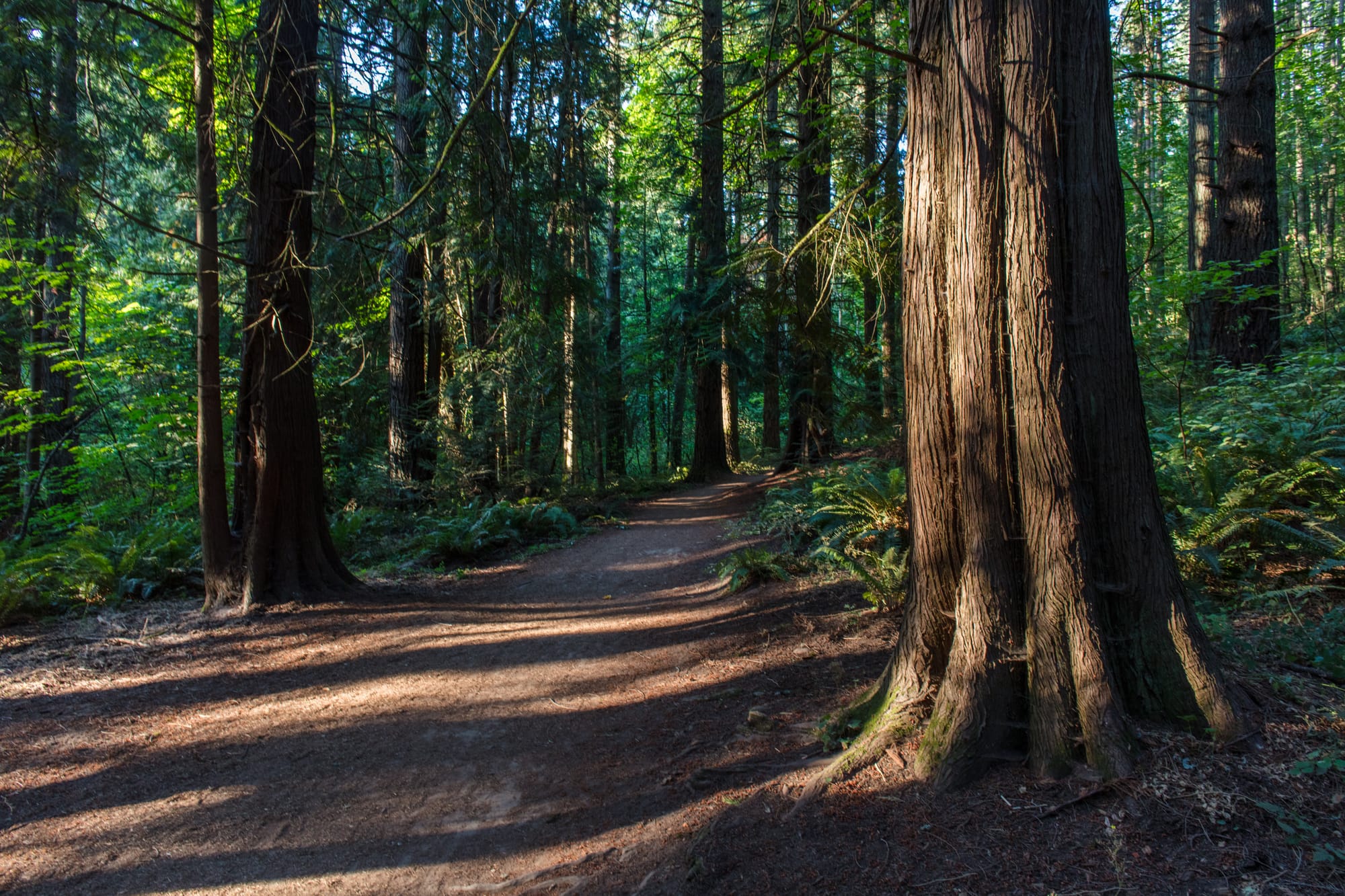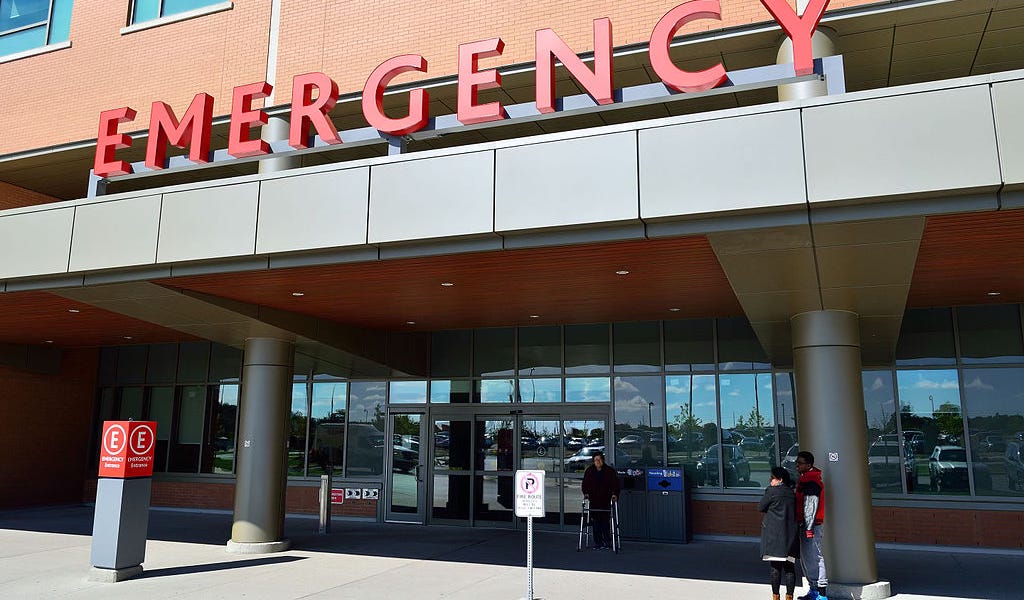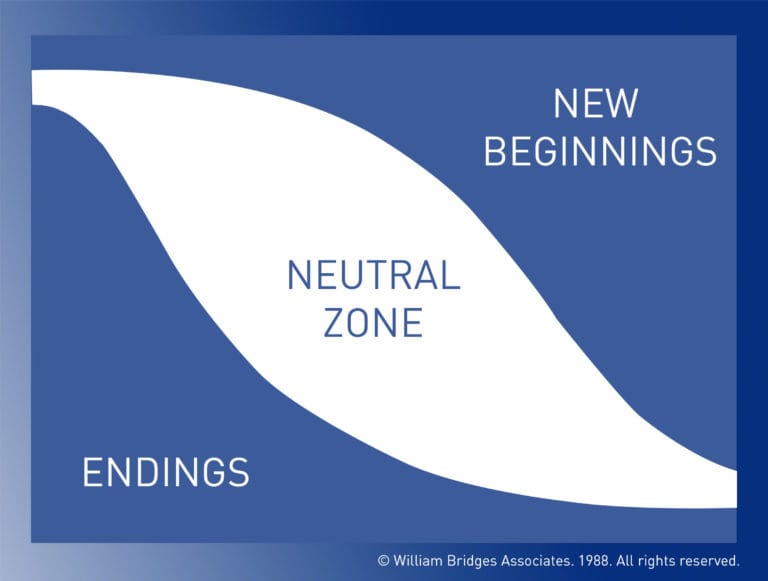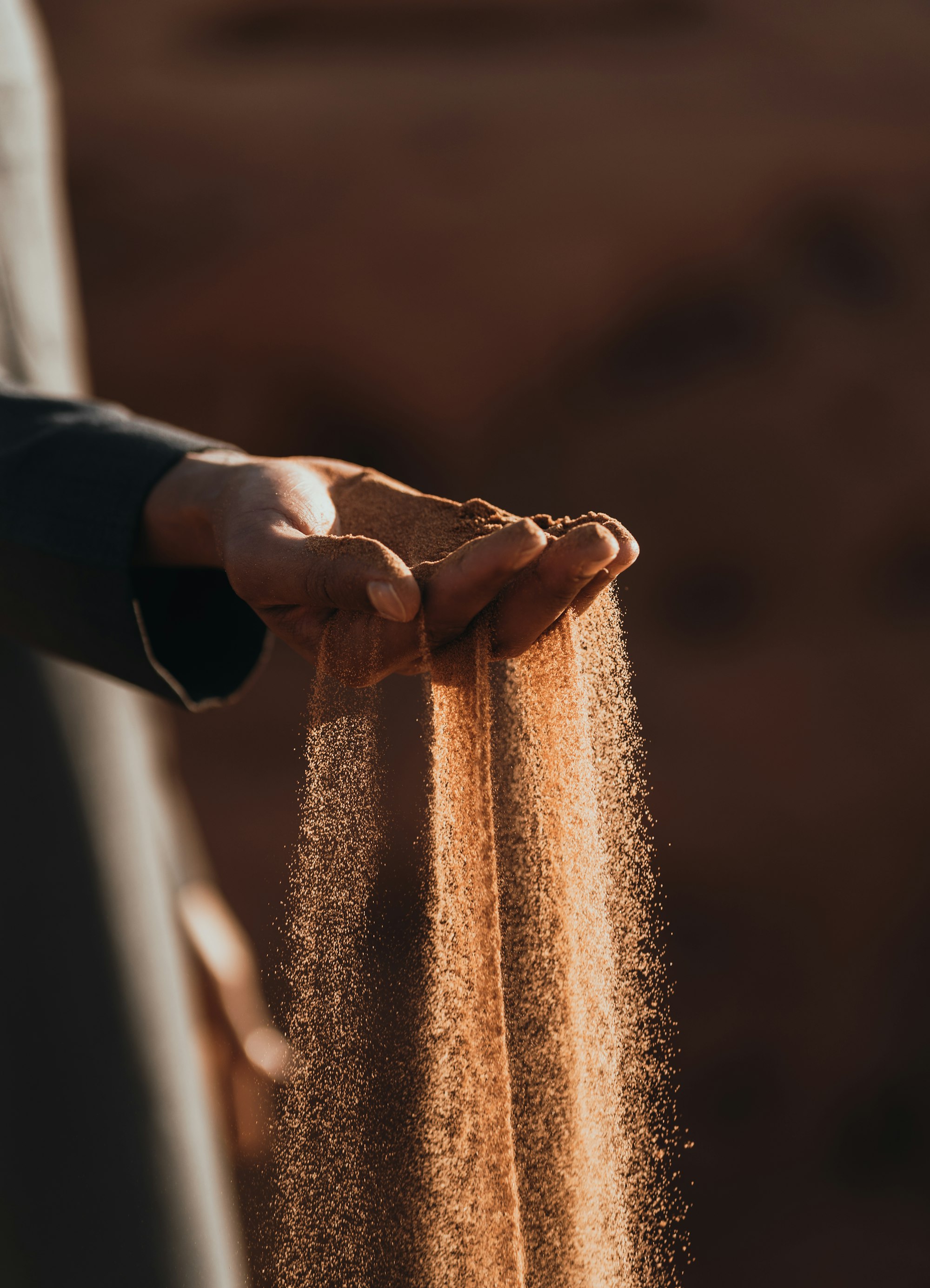
Like it or not it's bound to happen. Jim Stutsman, one of my biggest and most enthusiastic supporters, wrote an article over on Substack (below) about a recent health emergency which really scared me silly. In it, Jim talks about his wife Diane's experience with a heart problem.
However since Jim did write about it I feel comfortable discussing this event here, where he is part of the community.
I wanted to point out what this did not only for me, but most assuredly for Jim and his family: they are now living in uncertainty. It's a constant reminder that even when we think we're doing everything right, something can go terribly wrong.
Some of you are dealing with that very thing right now in your families and I think of this often, those of you who have shared those family situations.
This is Jim's story:

Some years back, Jim and his wife had put on too much weight. They decided to do better, committed to an ancestral diet program, eat once a day and then also walk a healthy few kilometers, barring extreme weather.
The weight came off, the numbers improved, and Jim and Diane were doing much, much better. It's safe to assume, and I have done it myself, that they were planning another twenty-plus years in good health, able to enjoy the kids, grandkids and granddogs. To all accounts, they were living their best lives.
Then suddenly, Diane's heart skewed sideways.
I can't think of anything more terrifying than when a major organ begins to misbehave, requiring immediate hospital care and too many doctors and the sudden onset of "oh shit," until there's clarity and a path forward.
There is, by now, but the relative calm and easy way forward in their lives have been sidelined. Diane will get a procedure, which promises to give her some confidence that she won't have these episodes again, and they can return to the walks and the joy that life brings them.
The other choice was a medication which made her far too logey, and that wasn't an option. Either way, the problem had to be dealt with. Was is just age? Is it that blood pressure automatically rises as we get older? Who knows, really?
Our bodies send us love letters as we age, letters that speak to how we've treated them. Even though these days I am diligent about food and exercise, decades of eating disorders and abuse are likely to- and have begun to- catch up with me.
The cost of extreme emotional trauma, something that Tina Turner most assuredly underwent over a course of years, is often seen in the kidneys. She had terrible kidney issues, as have I although no transplant is necessary. Our bodies do indeed tell the score, and what we undergo in our earlier years is written into our health in our later years.
I am now seeing a nephrologist to address what I need to do to maximize my kidney health. It took ten months of full-on fighting with the VA to get this, but believe me I am grateful.
That said, my certainty that certain things would never happen, such as a raised A1C (stress, actually), severe constipation from post-op pain meds and a few other eyebrow-raisers really made it clear that I can't make any such pronouncements about my life, my health and the like.
I can't know what's going to happen if for no other reason than my body is a little unpredictable.
As are we all. As is life, of course.
That brings me to this piece from Vox. I've ordered this woman's book as I am fascinated with this idea and challenge of being able to live between the trapezes. I've most assuredly written about it, but the more's the merrier.

Here's my favorite passage from the interview ( bolds are mine):
As human beings, we dislike uncertainty for a real reason. We need and want answers. And this unsettling feeling we have is our innate way of signaling that we’re not in the routine anymore. And so it’s really important to understand, in some ways, how rare and wonderful uncertainty is.
At the same time, we also need routine and familiarity. Most of life is what scientists call predictive processing. That is, we’re constantly making assumptions and predicting. You just don’t think that your driveway is going to be in a different place when you get home tonight. You can expect that you know how to tie your shoelaces when you get up in the morning. We’re enmeshed in this incredible world of our assumptions. It’s so human, and so natural, to stick to routine and to have that comfort. If everything was always new, if we had to keep learning everything again, we’d be in real trouble.
But neuroscientists are beginning to unpack what happens in the brain when we deal with the stress of uncertainty. The uncertainty of the moment, the realization that you don’t know, that you’ve reached the limits of your knowledge, instigate a number of neural changes. Your focus broadens, and your brain becomes more receptive to new data, and your working memory is bolstered. Which is why facing uncertainty is a kind of wakefulness. In fact, Joseph Kable of the University of Pennsylvania said to me, “That’s the moment when your brain is telling itself there’s something to be learned here.”
Two things leap out at me here. First, the idea that uncertainty is wonderful. I have a really bad habit of getting furious when technology stumps me, which it regularly does. Leo Notenboom will remind me that tech isn't difficult, it simply requires patience and perseverance. When I slow down and stop resenting being a beginner and having to admit that I don't know shit, I do just fine.
So a big piece of this is simply being willing to relax into my "beginner-ness," which for my big fat ego is hard- in some areas. In others I don't mind at all. No clue why tech seems to be such a source of irritation that I haven't sorted it all out by now. Here's the line I need to tap into when I hit that pissed off stage:
Your focus broadens, and your brain becomes more receptive to new data, and your working memory is bolstered. Which is why facing uncertainty is a kind of wakefulness.
The other is that sense of wonder, combined with grace, that appears when we are faced with uncertainty. Bill Bridges, PhD, author of the evergreen book Transitions, did a fine job of explaining the three phases of how we go through life's major changes. Like Elizabeth Kubler-Ross' seminal work on death and dying, however, it's all too easy to interpret Bridges' simple three phases as linear and predictable.

As any of us knows, life is no such thing. Grief doesn't follow a five-step linear path, and life falls back and folds in on itself regularly no matter how much we try to push forward in an upward arc.
The other piece of this which is achingly painful because of some of the health conditions a few of you are dealing with either yourselves or with a partner, is this quote:
You just don’t think that your driveway is going to be in a different place when you get home tonight. You can expect that you know how to tie your shoelaces when you get up in the morning.
In fact, as we age, we may not be able to expect such things at all. Dementia, neurological disorders and diseases can and do rob us of such abilities and agency. The landscape changes, and it's terrifying not only for us but also for those who care for us.
We don't know who will show up the next day, which is even more scary than coming home to find that your driveway isn't the same place. Your loved one isn't quite there, either.
You can't lock eyes with the same person again. That's a whole other kind of uncertainty especially when that person is a partner or parent. The landscape changes so fundamentally, which is why this line is so profound:
If everything was always new, if we had to keep learning everything again, we’d be in real trouble.
Precisely why we so fear dementia.
For those whose physical capacity has changed but not their intellectual, it's a different kind of hell. Aging is hard. As I ease into my seventies, Jim's story is a reminder that we simply cannot make solid plans. What plans we do have must have contingencies, which is why I need to update my Power of Attorney faster than where it currently sits way too low on the To-Do List.
I'm continuing to operate as though I will have full functionality until the day I check out. That may not be the case. As frightening as that is, the deep uncertainty that this presents needs to inspire in me that wakefulness described above; the awareness that I need to be ready for a variety of contingencies even as my brain shrieks NOT ME NOT ME CAN'T HAPPEN TO ME.
Yeah, it can. and I need to care enough about myself and those who love me to plan for it.
Meanwhile, if I plan well for an uncertain future, that is a better guarantee that I can live in the moment. I'll take that any day.

Dear Walkabout Saga Reader:
Thank you so much for taking a few minutes out of your life to read my work. WalkaboutSaga is an act of love and devotion, and I hope that you found value in it.
If my work appeals to you, may I kindly invite you to consider joining those Patreon supporters whose generosity keeps the gas in my tank as it were.
Such articles take time, resources, research and effort. Even a small amount of support truly helps me keep this going. In challenging times, I recognize that even a small amount is hard. Those who can give, I appreciate it. Those who cannot, I hope my words are helpful.
My purpose is to Move People's Lives. I can do more of that with your help.
Thank you.
You can explore that option here.
However you decide to partake of my writing, again, thank you.


Comments powered by Talkyard.